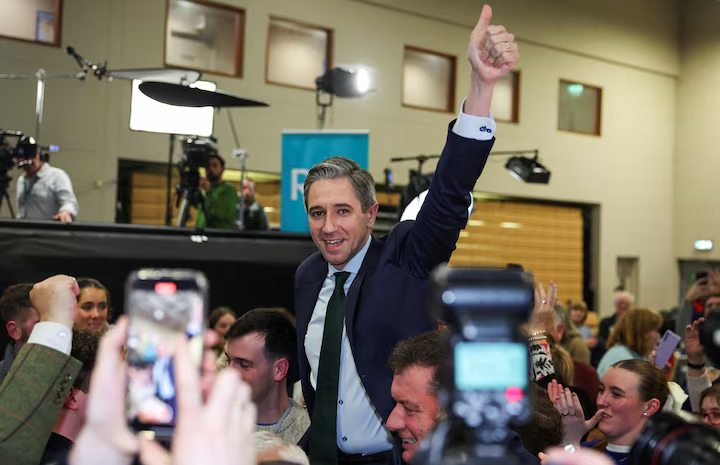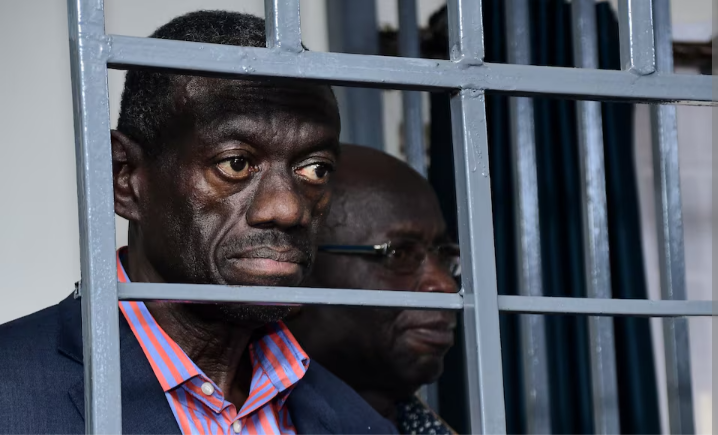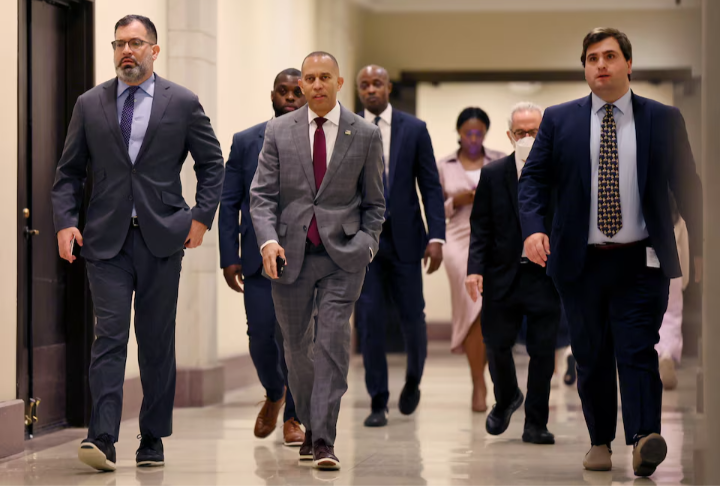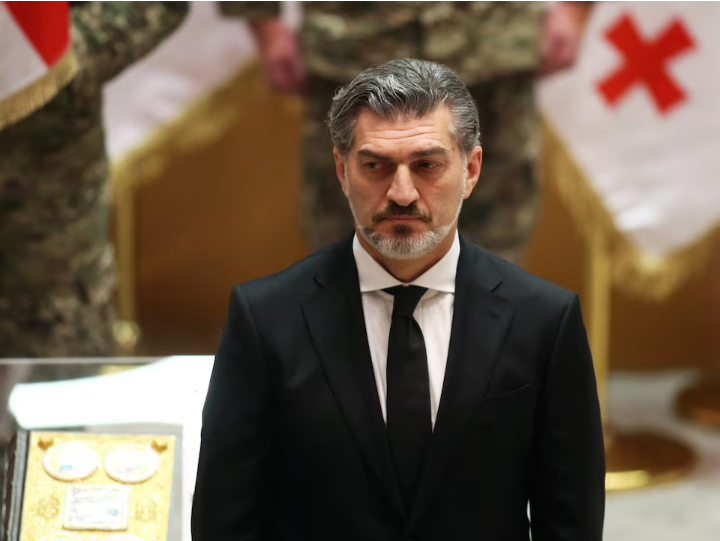Ireland's leading centre-right parties, Fine Gael and Fianna Fáil, are negotiating to maintain their coalition government after narrowly missing a parliamentary majority in the recent election. These talks are overshadowed by concerns over potential economic challenges posed by Donald Trump’s return to the U.S. presidency, including possible changes to corporate taxes that could harm Ireland’s foreign investment-driven economy.
The coalition faces competition from Sinn Féin, the left-wing party vying for its first government participation. However, Sinn Féin has struggled with reduced support amid internal controversies and public criticism. Meanwhile, far-right influences have added pressure to Ireland's political landscape, leading to stricter immigration stances across major parties.
Trump’s presidency could disrupt Ireland’s economic stability, given his policies on corporate tax and trade. Irish leaders are wary of openly criticizing Trump to protect diplomatic and economic ties. Regardless, his potential return poses significant risks to Ireland's foreign direct investment.
Housing shortages and the cost-of-living crisis remain prominent election issues, further complicating the political landscape. Despite challenges, Fine Gael and Fianna Fáil aim to continue their centrist leadership while navigating economic uncertainties and political opposition.





